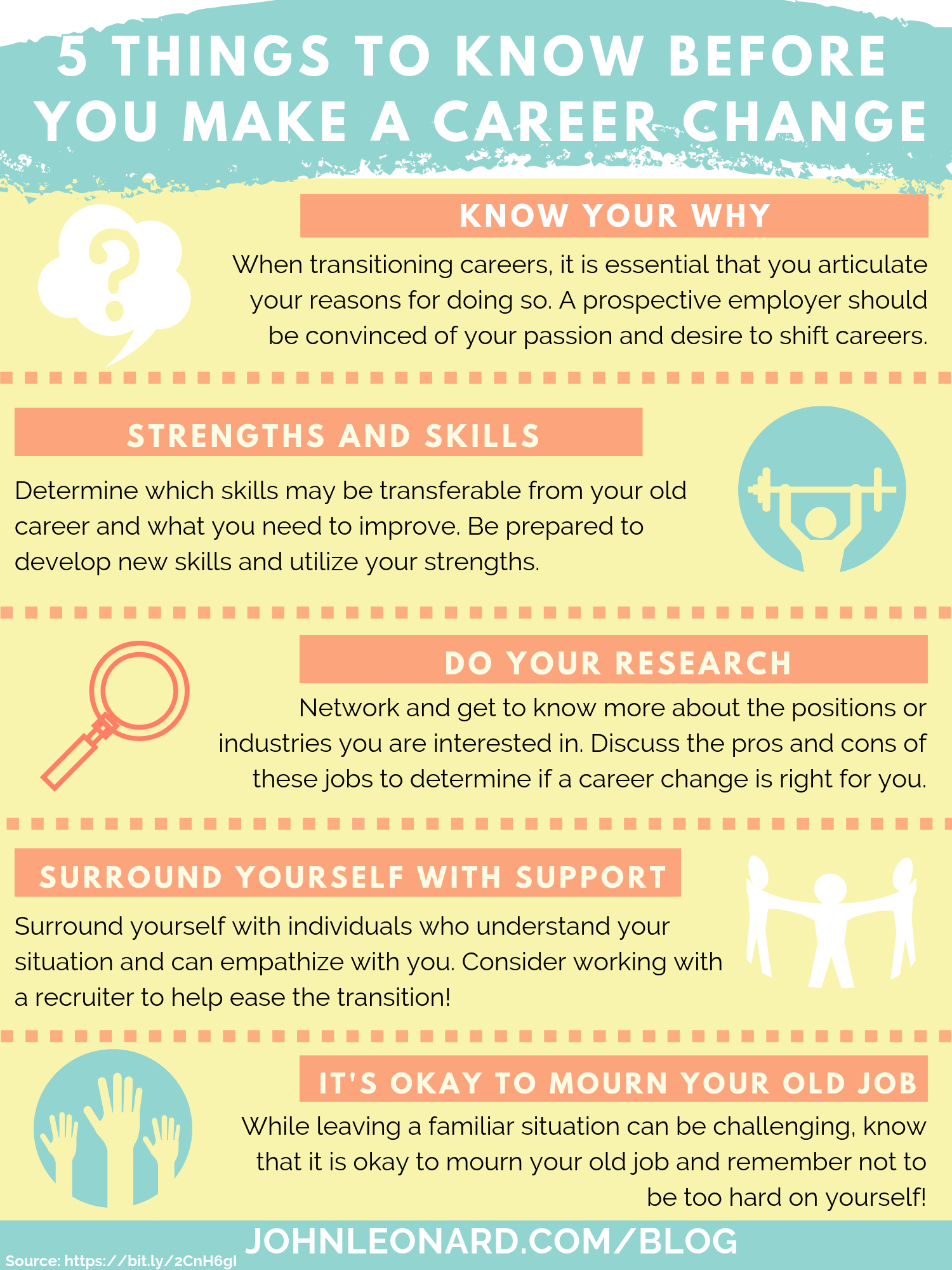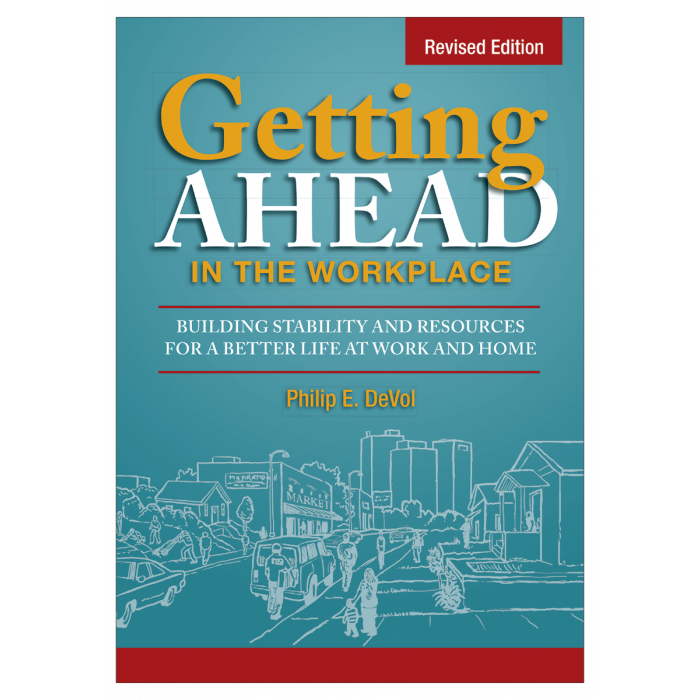
When you are asked why you quit your job, it can be confusing to know what to answer and how to avoid lying. Here are some ways to answer this question without scaring away recruiters. A good way to avoid scaring recruiters is to structure your response.
Answering a question about your reasons for leaving a job
When your interviewer questions you about why you quit your previous job, it is important to be honest. You should be honest but not lie or mention negative aspects of your previous job. It is not enough to say that you quit due to bad working conditions or low wages. They also want to understand why you quit involuntarily or were fired.
You need to convince the interviewer of your genuine reasons for leaving the job. This means that you shouldn't state that your reason for leaving the job is because you love bees. It is not a good reason to say that you left your last job because you love bees. Interviewers should believe that you are honest and that your skills match the job requirements.

Avoid lying in an interview
A lie in an interview can have serious consequences for future job offers, and your hiring history. No matter whether you intend to lie or not the interviewer can tell. It can also harm your reputation in your chosen industry. Once you get a bad reputation, you may have trouble finding new jobs and connecting with other people. You should not lie in interview for a job if you want better chances of landing one.
The best way to avoid lying during an interview is to be open about your weaknesses. Most people won't admit to being poor at a particular skill and it would appear that they were lying. But you can admit that your preferred mode of transportation is solo and that you don’t enjoy working alongside people. While a little white lie can be acceptable, it's never a good idea to outright lie about your lack of teamwork skills.
After quitting a job, how do you prepare for a job interview?
It is normal to feel anxious and overwhelmed after you leave your previous job. However, there are things that you can do. It is important to maintain a positive attitude. Try to focus on the positive aspects of what you did last year and how you look forward to your new job. It is important not to get emotional about leaving your previous job.
Keep in mind that an interviewer is trying to assess your adaptability and ability to work with others. Employers are often attracted to inconsistencies. Avoid using harsh or negative language. If you mention how much you learned in your last job and now want to take on more responsibility, this is a good example. A course in interview preparation may be something you might consider. This will allow you to answer difficult questions such as why you quit.

Framing your answer to avoid scaring off recruiters
Make sure to have a prepared answer in case you are asked why. It's important to be truthful, but don't tell the truth if you aren't motivated or feel bad. Instead, list at most three reasons you quit the job.
The interviewer doesn't want to hear that you left the job because it's not a good fit, and they'll be looking for soft skills and positive experiences. Your answer should not sound too negative or show you aren't passionate about the job. This will likely scare off the recruiter. It's important that you are honest about your situation. However, your answer will be the first impression potential employers have of you.